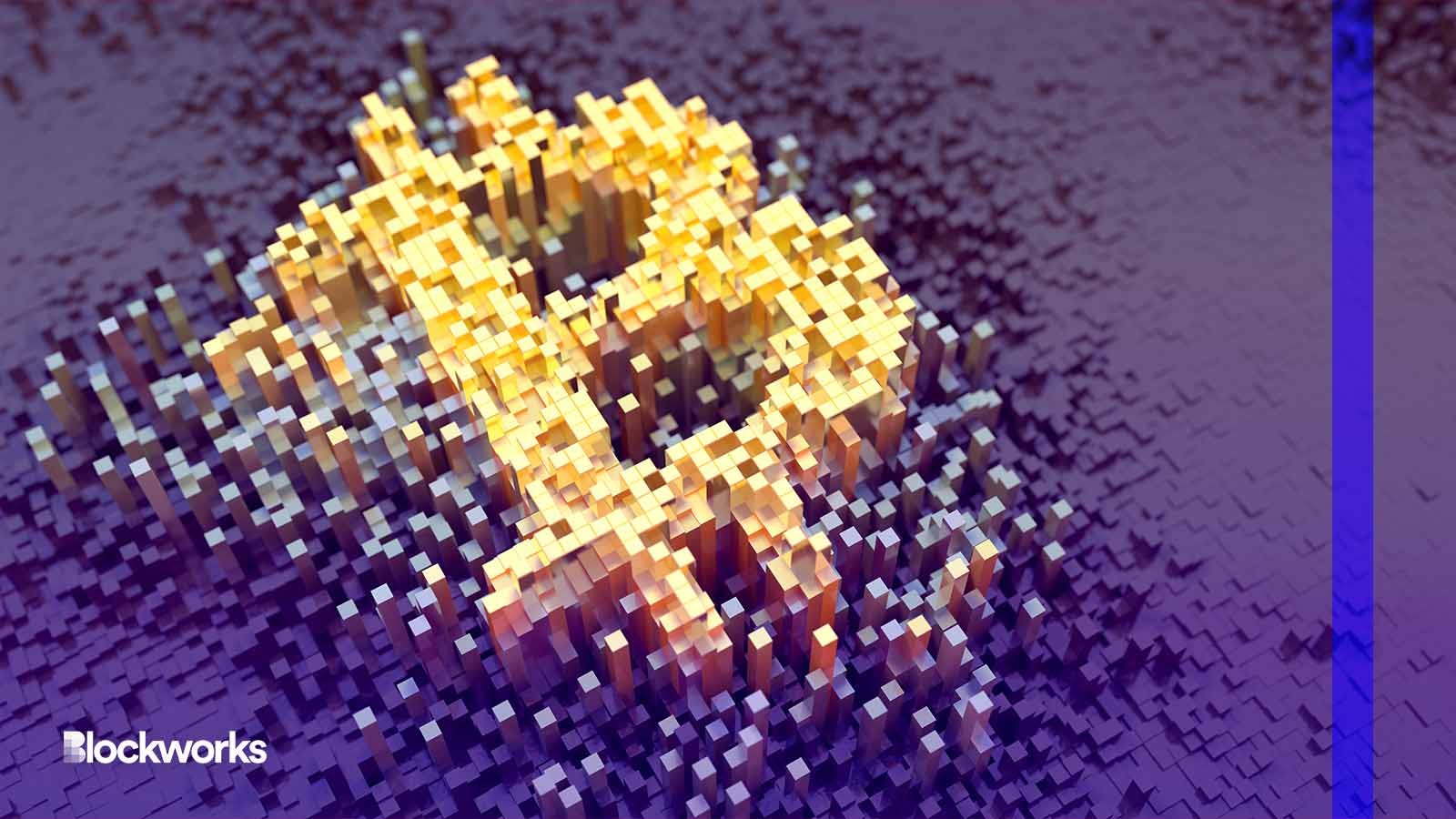You Can Mine Bitcoin From Your Pocket for Less Than $400
Handheld bitcoin miners might not be the most powerful rigs on the market, but the price is right

whitehoune/Shutterstock modified by Blockworks
Bitcoin mining is big business these days. Major operations run racks of rigs and even their own power plants to solve blocks — but you can spin the wheel and hope for a BTC payoff for less than the cost of a midrange smartphone or gaming console.
It just takes ordering a few parts, which together come in just under $400.
That includes the single-board computer “Raspberry Pi Zero W 2,” a heatsink case and a USB-based bitcoin miner built on Antminer’s BM1397 ASIC chip promising up to 350 gigahashes per second (GH/s).
That’s the same chip used in Bitmain’s famous Antminer S17 and S17 Pro.
Attaching a heatsink helps absorb and disperse the heat generated by the components ensuring the entire thing doesn’t pop. It would be especially helpful if actually planning to mine bitcoin from your pocket.
Mining bitcoin with tiny devices is known as “lotto mining,” on account of how little chance one has of successfully mining Bitcoin blocks with micro setups at home.
At 350 GH/s hash rate, solo miners would need to run for an average of up to 21,400 years to strike it big. Bitcoin block rewards are expected to run out by around 2140, due to the network’s “halving” events every four years, which slash issuance.
For scale, Marathon Digital — one of the world’s largest publicly-listed bitcoin miners — generated 2,195 BTC ($60 million) in the year’s first quarter, averaging around 24 BTC ($656,300) per day.
Firms like Marathon run tens of thousands of ASICs at once, which dramatically increases their chances of solving blocks. Solo miners — like those running singular Raspberry Pis — can boost their odds by joining mining pools.
Whenever the pool wins, so do all those contributing hashpower. Major mining pools Foundry, AntPool and F2Pool currently mine more than 70% of all Bitcoin blocks, with participants sharing their hashpower for a cut of the pool’s block rewards.
Solo mining can actually work – but it’s rare
Here’s some inspiration for those feeling lucky: Two solo Bitcoin miners separately mined their own Bitcoin blocks within two days of each other last year, using only a small number of mining chips.
The miners used solo mining software Solo CK Pool, which unlike standard pools, serves as something of a web proxy for bitcoin miners. Successful miners recoup 98% of all rewards, with 2% going to the administrator for hardware upkeep, code iterations and the like.
The chances of actually winning a Bitcoin block reward from a single rig is about one in 1.1 billion, according to one estimate. Hence the comparison to a lotto draw. SoloCK miners have snagged six blocks over the past six months and 257 over the past eight years.
Framing participation in Bitcoin consensus — in support of a potently censorship-resistant money network — as mere lottery may be a little gauche.
Still, tiny miners like these serve as a perfect entry point for tinkering with blockchain technology in its purest form. You might as well be rewarded with an (almost) never-ending lottery ticket.
Get the news in your inbox. Explore Blockworks newsletters:
- The Breakdown: Decoding crypto and the markets. Daily.
- 0xResearch: Alpha in your inbox. Think like an analyst.






